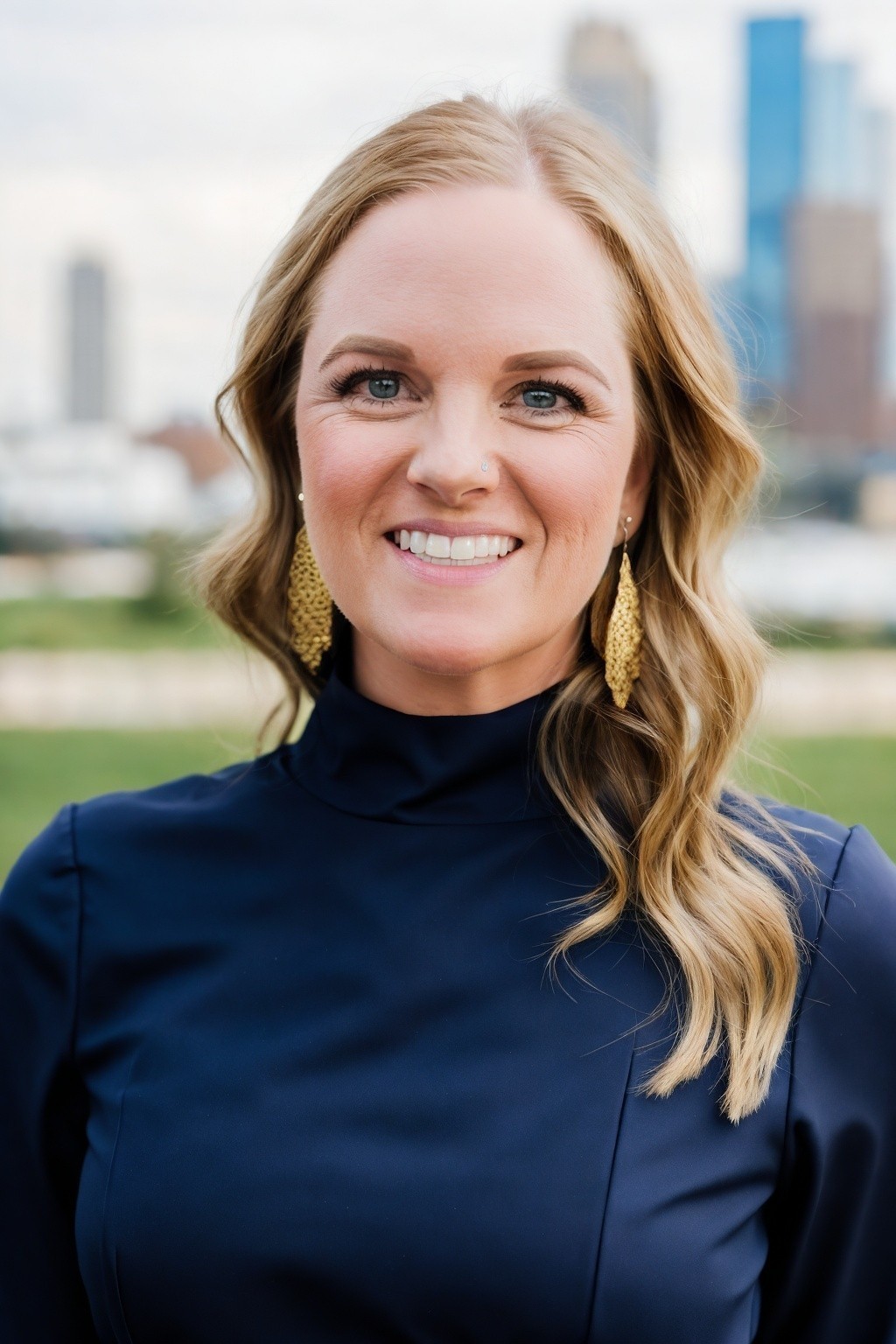
Prescription, OTC and Substance Safety Checks & Preparation
Pharmacologic screening & drug interaction management for centers, facilitators, guides, providers and participants
Providers, Facilitators/Guides, Centers: Support safe access by reducing unnecessary disqualifications and ensuring decisions are informed by accurate pharmacologic understanding
Check the full medication mix with psilocybin, not just individually with psilocybin (a major advantage over the Interaction Checker tool)
Reduce preparation anxiety and guesswork
Get professional guidance specific to your case
Helps licensed facilitators align with regulatory and professional requirements
Receive professional documentation
Reduce risk and potential harm
Rely on professional, personalized, evidence-informed guidance in a world where answers are easy to find but harder to trust.

Board-certified pharmacotherapy specialist and licensed pharmacist with extensive experience in clinical pharmacy practice, personalized medication management and psychedelic/plant medicine interactions. Dedicated to ensuring safety, preventing avoidable setbacks that can erode hope, and supporting better outcomes through evidence-informed guidance.
My Story
On April 20th, 1999, I sat in lock-down at Chatfield Senior High while the Columbine massacre unfolded nearby at our rival high school. From the floor, my classmates and I watched the horror play out on the television, powerless as the tragedy unfolded in real time. (Ironically or not, this happened during my Humanities class.) For the remainder of the school year, displaced Columbine Rebels finished their school year in our classrooms. In that moment, the rivalry between our schools disappeared and we became one community. Those shared months taught me more about the human capacity for devastation, grief, and resilience more profound than anything I’d find in any curriculum. One moment I’ll never forget was hugging a Columbine friend whom I didn’t know had just undergone surgery to remove shrapnel from her chest. What should have been a gesture of comfort caused her pain, not from sorrow or relief, but from the raw wounds still healing beneath her bandages. That experience, the collision of trauma, vulnerability, and the desperate need for healing, left a lasting imprint on me. At such a formative time in my life, it shaped my path and instilled in me a commitment to mental health, “pharmaceutical” health, trauma recovery, and safe access to care.
That commitment continues to guide my work today. I became a pharmacist because I wanted to bring science, safety, and compassion into some of the most difficult moments people face. Over the years, I have built a multidisciplinary practice spanning general pharmacotherapy and hospice and palliative care, which has since expanded to include the growing field of psychedelic and natural medicines. In every role, one thread has remained constant: my focus on pharmacologic safety and effectiveness—ensuring patients living with complex medication regimens and medical conditions are supported with clarity, autonomy and dignity.
My work now bridges clinical practice, consulting, evidence-based content creation, and harm reduction. I co-founded the Psychedelic Pharmacists Association to elevate pharmacists as key partners in safe and accessible care, and I’ve been honored to serve as a pharmacology expert for Colorado’s Department of Regulatory Agencies (DORA) and the Healing Advocacy Fund (HAF). Through this work, I co-developed the screening criteria that became the foundation for Colorado’s Natural Medicine Health Act. Those same criteria have since been adopted in Oregon’s program and are now integrated into screening and decision-support platforms used by regulated facilitators and clinics across the country.
Why did I create the Psilocybin Interaction Checker and begin offering consultations? Because trusted resources are limited for those navigating the intersection of psychedelics/plant medicines and prescription medications. These therapies hold enormous promise, but they are not risk-free. Many individuals are on complex medication regimens which have the potential to sabotage healing—despite skilled facilitation and integration support. Without reliable, evidence-informed guidance, people are left guessing. That gap in care is what I set out to fill.
The Interaction Checker is one way I’ve done this: it’s a transparent, peer-reviewed tool designed for individuals, facilitators, and providers. My consulting services are another. Each consultation is rooted in pharmacologic and clinical evidence, tailored to the person, and designed to ensure safety while honoring autonomy and access. Whether it’s helping an individual prepare for a safe journey, or supporting a facilitator in meeting state screening requirements, my role is to provide clarity where there is confusion. And to build in safety where there is risk.
Along the way, my work has been recognized with honors such as Medika Life’s Top 30 Women Transforming Healthcare and the University of Colorado School of Pharmacy Horizon Alumni Award. But for me, the real measure of success is trust: the trust patients and participants place in me, the trust facilitators and providers place in my assessments, and the trust of regulators who continue to turn to pharmacists as essential partners in this field.
This path began in tragedy, but it has carried me into a career defined by hope… a hope that these natural wonders and novel therapies, when integrated responsibly, can remain accessible and bring healing to individuals and communities who need it most.
Our most popular consult. Receive a personalized, high-level risk assessment documentation that screens current medications, over-the-counter (OTC) products, and substances for any contraindicated or high-risk interactions or concerns with a planned psilocybin journey. This is an on-paper review only; no live meeting is offered with this consultation. This screening may be helpful to determine if a deeper Comprehensive Review & Pharmacologic Management (CRPM) consult could be beneficial (aka “triage”); however, it is not necessary to get a CRPM.
See full descriptionReceive a complete pharmacologic evaluation and personalized medication management (including tapering if appropriate) and safety plan in preparation for a psilocybin journey. For those who want careful guidance and less guesswork. Includes a detailed written report plus a 30-minute live meeting. You may invite an attendee. Being on camera is not required.
See full descriptionThis non-personalized consult type is designed to provide pharmacology education or general clinical/scientific insights about psilocybin, MDMA, ibogaine, ketamine and other prescription & over-the-counter (OTC) products. Other substances are not available for consultation. No personalized intake required. Includes a written response and an optional 15-minute live review of delivered information. Being on camera is not required.
See full descriptionThe intersection between existing medications and psychedelic therapy represents a significant blind spot that may be silently undermining therapeutic potential for millions of people. Recent major real-world survey: the majority of users don’t experience the transformative benefits that capture headlines.1 The growing interest in psilocybin therapy has generated significant hope for those […]
Read moreThe growing reliance on AI-generated healthcare advice presents significant risks. While technology promises accessibility and convenience, it often delivers generalized, incomplete and over-confident guidance that can lead to suffering and treatment delays. Two cases involving trazodone management illustrate the compelling difference between algorithmic recommendations and professional expertise: one participant experienced unnecessary withdrawal […]
Read moreWhen people point to Oregon Psilocybin Services (OPS) and say adverse events are “rare,” it can sound like psilocybin is virtually risk-free. But the truth is more complicated. The way adverse events have been defined, collected, and reported have potentially overlooked important outcomes that can affect a person’s healing journey. Narrow Definitions […]
Read moreBut Contraindications Don’t Have to Be the End. Common misperception: “There aren’t many interactions with psilocybin—mainly antidepressants, lithium and antipsychotics.” Unfortunately, this idea is not backed by evidence. Nor the deep knowledge of pharmacists. As psychedelic use grows—both through formal access programs and informal demand across populations—we need to broaden our […]
Read moreWhen considering psychedelic interactions, a common misperception arises: “Providers and facilitators already know all the relevant drug interactions—so why involve a pharmacist?” Debunking the Idea That Providers and Facilitators Know All the Interactions In reality, while providers have broad medical training and licensed facilitators may receive some instruction on interactions, neither […]
Read more